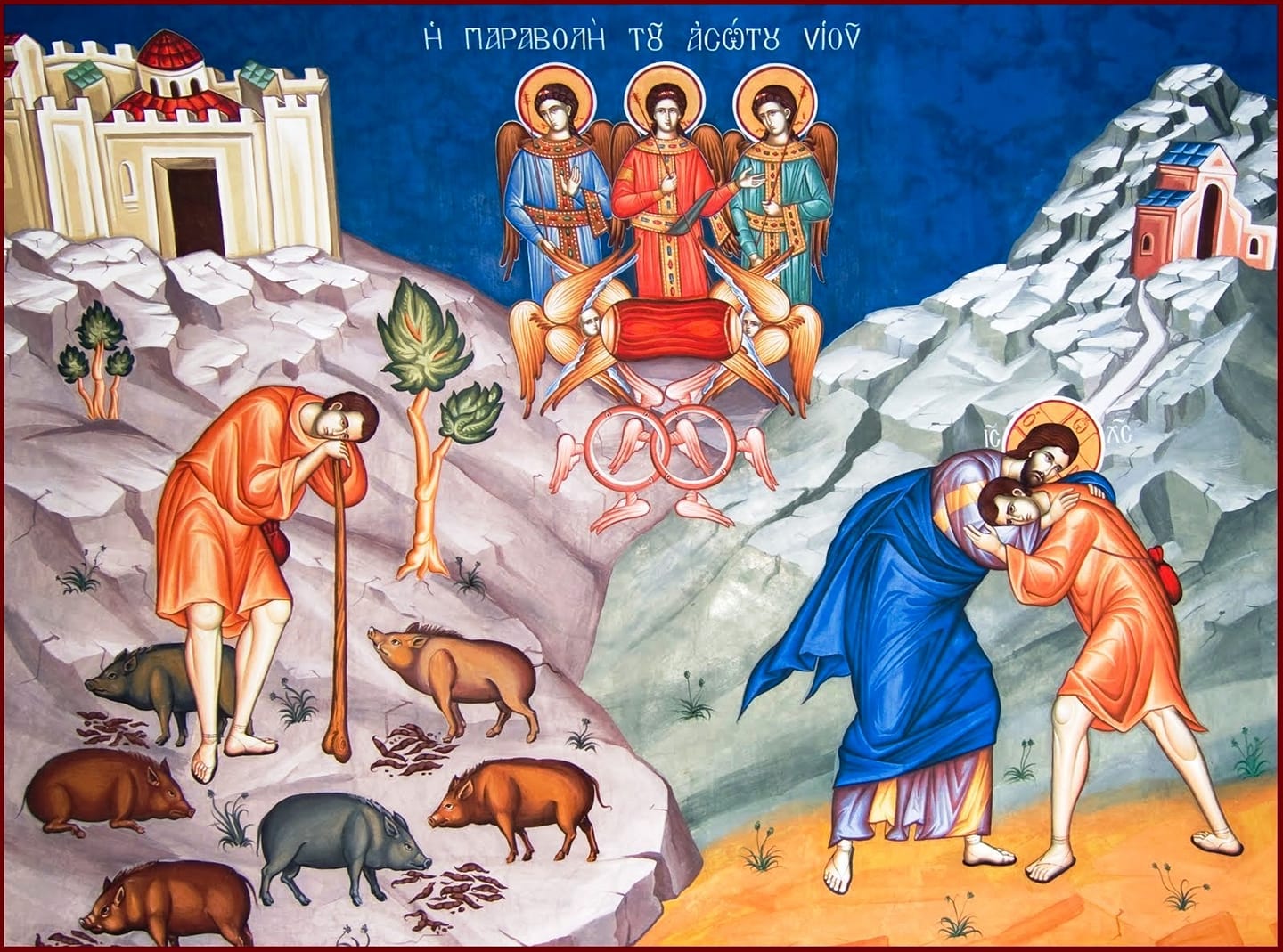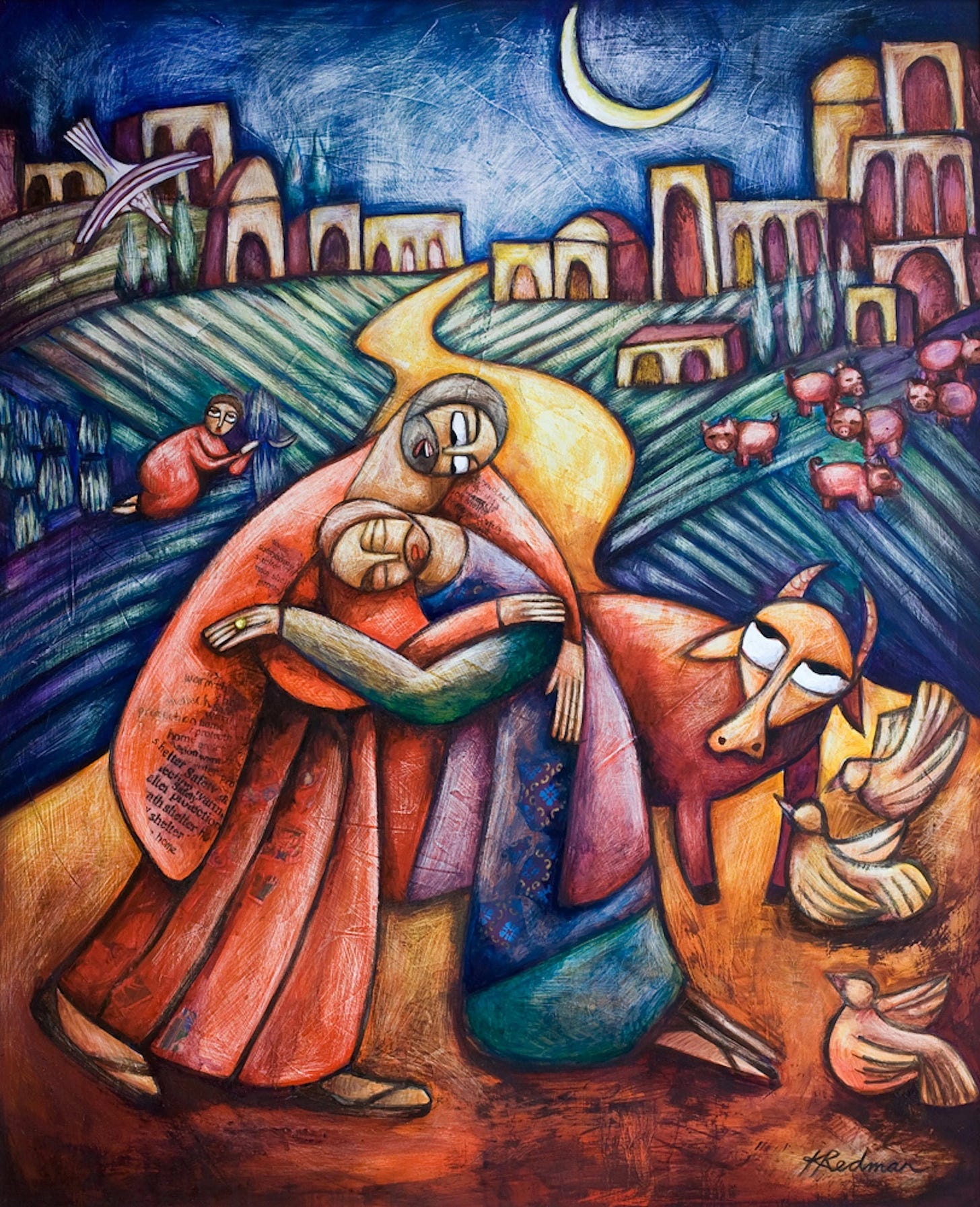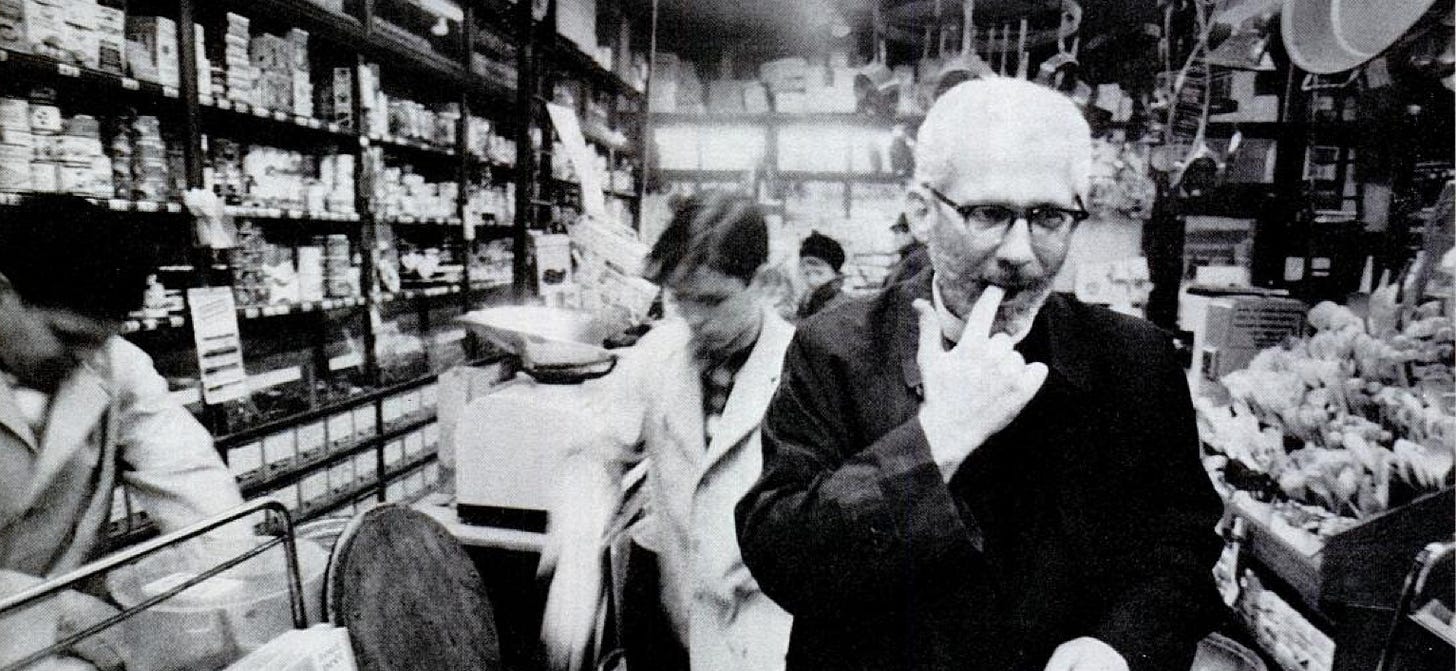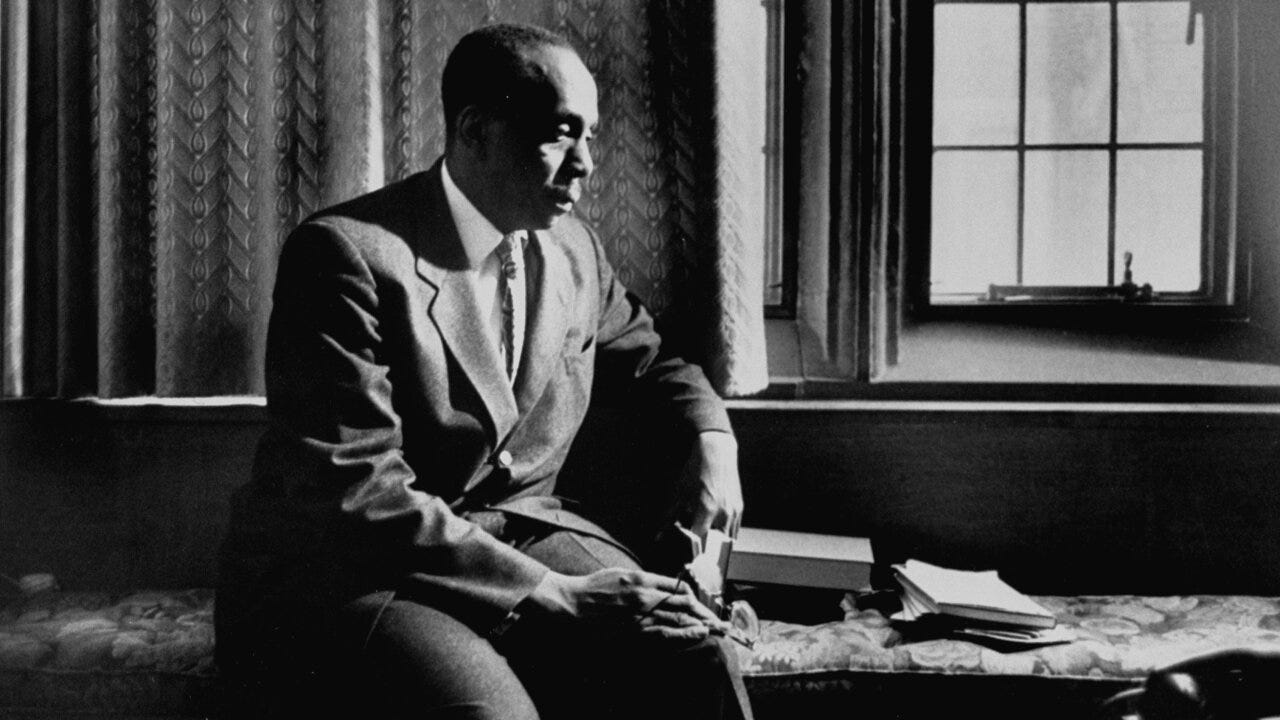Identity Crisis
Both sons forgot who they were, first and foremost, who they were before the world applied its labels and new identification.
Regardless of your station in life, irrespective of your age, social location, economic status, or vocation, we are all given identities by those we interact with daily. There are times when multiple identities can be given to us over the course of a week, day, hour, or even minutes.
You might be identified as the go-getter, slacker, busy bee, butt kisser, team player, the weak link, high producer, or short-timer at work.
You might be identified as the social butterfly, aloof, party animal, unreliable, loyal, manipulative, empathetic, or judgmental among your friends.
You might be identified as the eldest or youngest, energetic, jealous, son, daughter, parent, aunt, uncle, or grandparent at home.
There are countless ways we can be identified by the world. There are myriad identities we can assume for ourselves. Family, friends, co-workers, and even strangers give us titles that can distract us from who we know we are.
If I told you earlier this week, say we ran into each other at the grocery store or gym, that our scripture reading for this morning was the prodigal son, even if you had never heard this parable, you most likely, would immediately have an assumption about the reading and sermon.
This is a parable we all know, even if you have never read the story Jesus told. As soon as you heard there was a man with two sons, and the junior of the sons demanded his inheritance, you most likely jumped to your favorite interpretation of the parable.
Or maybe you placed yourself within the story.
“The younger son gathered all he had and traveled to a distant country, and there he squandered his property in dissolute living.”[1]
Maybe you squandered an inheritance and can sympathize with junior. Perhaps you came home, empty hat in hand, and the entire trip home, like Junior, rehearsed what you might say after reluctantly knocking on the door.
“Then he (the older son) became angry and refused to go in. His father came out and began to plead with him.”[2]
Perhaps you have been the senior of the sons, the eldest sibling in your own family. A younger sibling messed something up for themselves. They were disobedient or wasteful, and instead of getting what you think they deserve, they are getting the very thing you think you deserve upon their arrival home. The thing, the reception you have never received for which you have longed.
Junior returns home, hat in hand, while Senior stands outside the party, fuming, set off because he has served his father, never disobeying an instruction, always showing up for work on time, with no party. And when Junior comes home, it is party time.
No expense is spared. This is the party to end all parties.
Robes.
Rings.
Sandals.
A fatted barnyard dinner.
Junior would have been satisfied with a job as a hired hand, and Senior would have been mad about that. After all, Senior views himself as a hired hand. As he yelled at his father, Senior began with his service rendered and not his title of “son.”
“‘Listen! For all these years I have been working like a slave for you, and I have never disobeyed your command; yet you have never given me even a young goat so that I might celebrate with my friends. 30 But when this son of yours came back, who has devoured your property with prostitutes, you killed the fatted calf for him!’”[3]
Senior began with his accolades received based on his ability to produce and perform, not the title that matters to this father.
Son. Beloved.
The older brother forgot who he was.
Junior forgot who he was as well. When he returns home, he is prepared to say that he is “no longer worthy to be called (a) son.” [4] Treat me like one of your hired hands,” he says to his old man. In his dismal state, Junior forgot who he was. He saw his failures and disobedience rather than the only title that matters to this father. This father who ran to him and embraced him before he could get a word out of his mouth.
Son. Beloved.
Many people will tell you that this parable is about confessing sins and receiving forgiveness. After all, Junior was prepared to do just that. He planned to fall on his knees and say to his father, “I have sinned against heaven and before you; I am no longer worthy to be called your son; treat me like one of your hired hands.”[5] But before Junior could get the confession out of his mouth, his father embraces him.
Author and pastor Robert Capon wrote, “Confession has nothing to do with getting ourselves forgiven. Confession is not a transaction, not a negotiation in order to secure forgiveness; it is the after-the-last grasp of a corpse that finally can afford to admit it’s dead and accept resurrection. Forgiveness surrounds us, beats upon us all our lives; we confess only to wake ourselves up to what we already have… We are not forgiven, therefore, because we made ourselves forgivable or even because we had faith; we are forgiven solely because there is a Forgiver.”[6]
“We confess only to wake ourselves up to what we already have.”
We confess only to wake ourselves up to who we are. We confess not to earn forgiveness but to remind ourselves that we live in a state of forgiveness, that we are indeed forgiven, beloved children of God.
Both sons forgot who they were, first and foremost, who they were before the world applied its labels and new identification.
The father in this parable must have been looking for him, Junior, to see his son returning. On top of the family home, he watched, looked, waited, and then ran; in the same way, God continues to seek us out, gathering us in, calling us child, calling us beloved.
This is the same Father who at his Son’s baptism shouted, “You are my Son, the Beloved,”[7] and at the Transfiguration said, “This is my son, the beloved.”[8]
Theologian Howard Thurman wrote, “you don’t need to leave home to forget”[9] who you are.
Junior and Senior forgot, but the one who sought them both would not let them forget.

The world will call you many things. Your sin will call you many things. But the One who insists on embracing you and throwing a banquet in your honor will not allow you to forget and is calling you beloved, a child of God, even when we forget.
[1] Luke 15:13
[2] Luke 15:28
[3] Luke 15:29-30
[4] Luke 15:19
[5] Luke 15:18-19
[6] Capon, Robert. Kingdom, Grace, Judgment Paradox, Outrage, and Vindication in the Parables of Jesus. Eerdmans. 2002. Page 297
[7] Luke 3:22
[8] Matthew 17:5
[9] Thurman, Howard. Sermons on the Parables. Orbis Books. 2018. Page 32.











